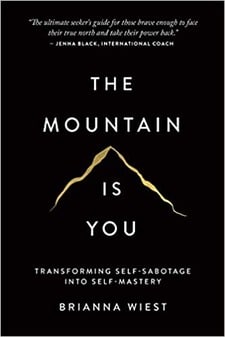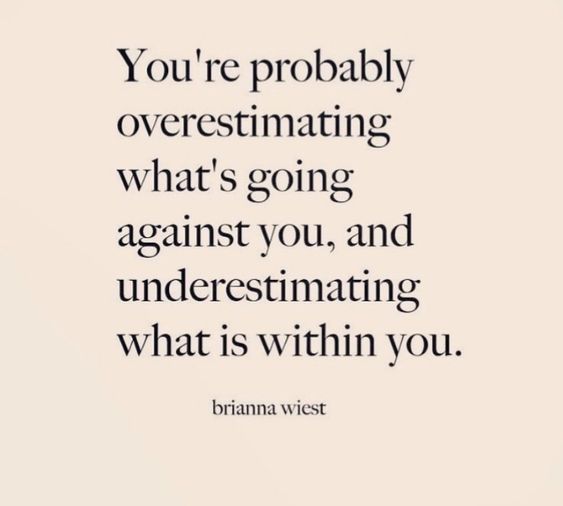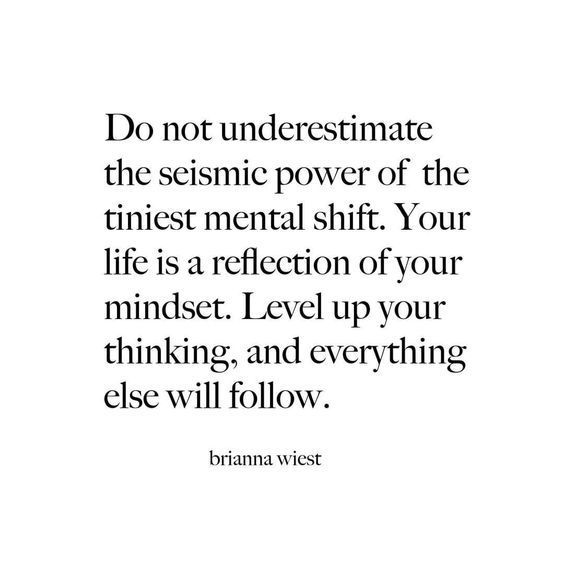“To have a mountain in front of you does not mean you are fundamentally broken in some way. Everything in nature is imperfect, and it is because of that imperfection that growth is possible. If everything existed in uniformity, the gravity that created the stars and planets and everything that we know would not exist. Without breaks, faults, and gaps, nothing could grow and nothing would become. The fact that you are imperfect is not a sign that you have failed; it is a sign that you are human, and more importantly, it is a sign that you still have more potential within you.”
Brianna Wiest, The Mountain Is You (Page 6)
“The objective of being human is to grow. We see this reflected back to us in every part of life. Species reproduce, DNA evolves to eliminate certain strands and develop new ones, and the edges of the universe are expanding forever outward. Likewise, our ability to feel the depth and beauty of life is capable of expanding forever inward if we are willing to take our problems and see them as catalysts. Forests need fires to do this, volcanoes need implosions, stars need collapse, and human beings often need to be faced with no other option but to change before they really do.”
Brianna Wiest, The Mountain Is You (Page 6)
The Mountain Is You [Book]

Book Overview: This is a book about self-sabotage. Why we do it, when we do it, and how to stop doing it—for good. Coexisting but conflicting needs create self-sabotaging behaviors. This is why we resist efforts to change, often until they feel completely futile. But by extracting crucial insight from our most damaging habits, building emotional intelligence by better understanding our brains and bodies, releasing past experiences at a cellular level, and learning to act as our highest potential future selves, we can step out of our own way and into our potential. For centuries, the mountain has been used as a metaphor for the big challenges we face, especially ones that seem impossible to overcome. To scale our mountains, we actually have to do the deep internal work of excavating trauma, building resilience, and adjusting how we show up for the climb. In the end, it is not the mountain we master, but ourselves.
Post(s) Inspired by this Book:
48 Brianna Wiest Quotes from The Mountain Is You on Self-Sabotage and Healing

